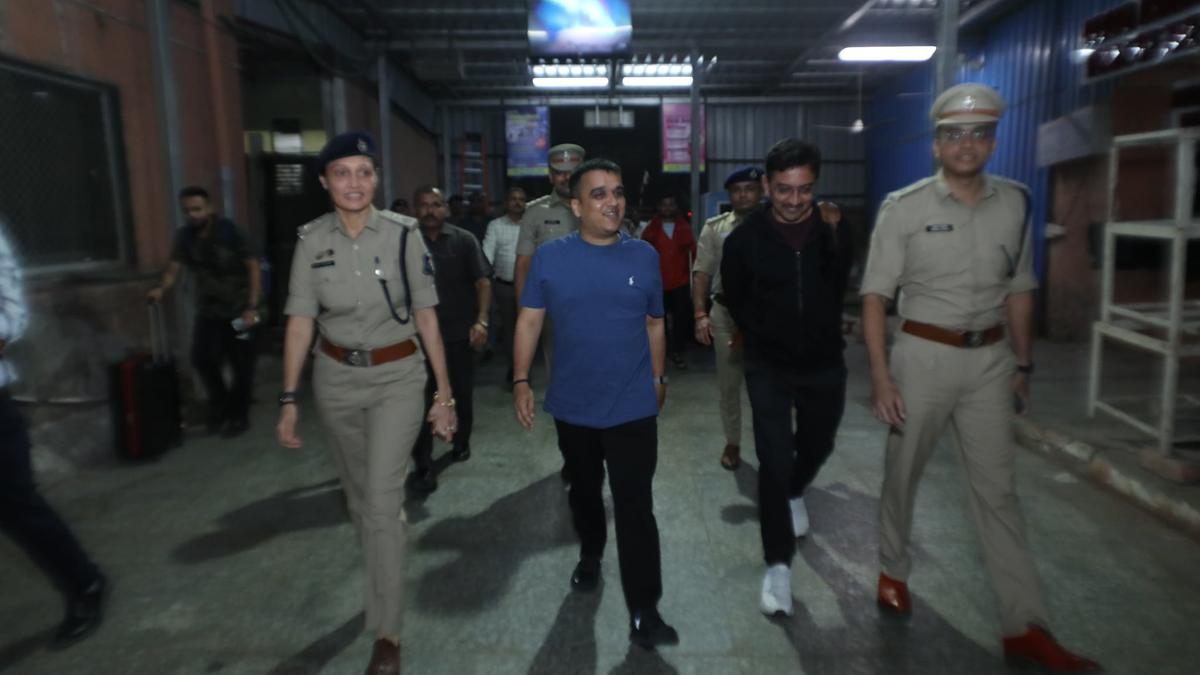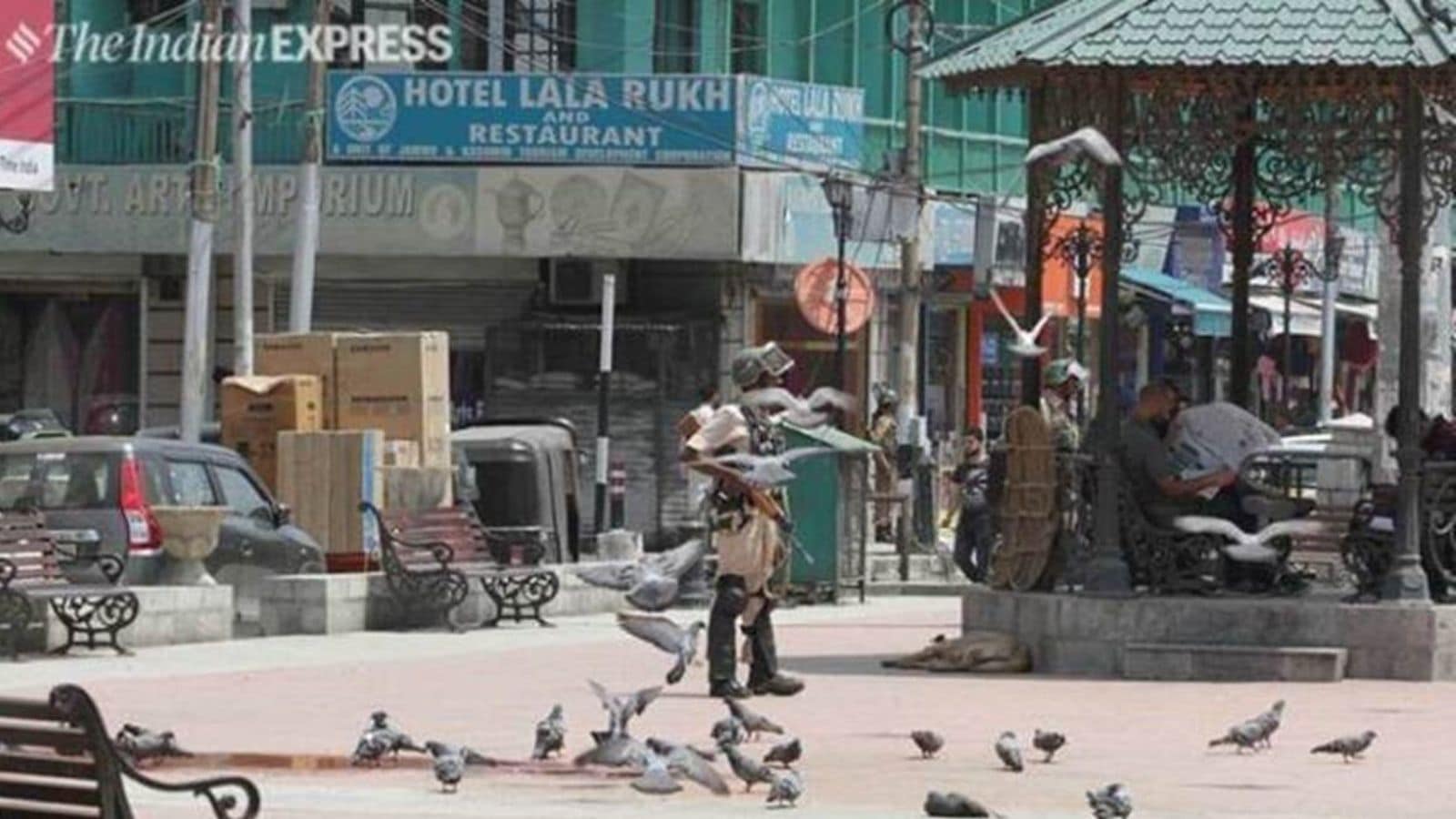ARTICLE AD BOX
Last Updated:November 06, 2025, 05:16 IST
Petitioners argue that the State cannot impose an artificial cap on family size, especially since India does not enforce a 'one-child policy'

Secondary infertility—the inability to conceive or carry a pregnancy to term after previously giving birth to at least one child—is at the heart of the petitioners' grievance. File pic/PTI
The Supreme Court of India has agreed to hear a significant constitutional challenge to a provision of the Surrogacy (Regulation) Act, 2021, which bars married couples facing secondary infertility from using surrogacy to have a second child. The central question before the bench is whether this legislative restriction amounts to an unconstitutional intrusion by the State on the fundamental right to reproductive choice and personal liberty of its citizens, guaranteed under Article 21 of the Constitution.
The petition specifically targets Section 4(iii)(C)(II) of the 2021 Act. This section debars an intending couple from availing surrogacy if they have a surviving child, regardless of whether that child was born biologically, adopted, or through a previous surrogacy procedure.
Secondary infertility—the inability to conceive or carry a pregnancy to term after previously giving birth to at least one child—is at the heart of the petitioners’ grievance. While the law allows an exception if the surviving child is mentally or physically challenged or suffers from a life-threatening disorder (after obtaining a medical board certificate), it offers no recourse for couples facing secondary infertility who simply wish to expand their family.
Advocate Mohini Priya, representing the petitioners, argued that the government cannot interfere in the private lives and reproductive choices of individuals. She contended that secondary infertility is an emotionally challenging and medically recognised condition, often as distressing as primary infertility, and that the State cannot impose an artificial cap on family size, especially since India does not enforce a “one-child policy". The petitioners pointed out that existing laws, such as the Hindu Adoption and Maintenance Act, allow a couple with a biological child to adopt a second one, highlighting the discriminatory nature of the surrogacy restriction.
The Union Government, however, has consistently defended the law. It maintains that availing surrogacy is a statutory right, not a fundamental right, primarily because the procedure involves the use of another woman’s body (the surrogate mother’s womb). The Centre argues that the law is well-considered, aiming to prevent the exploitation of surrogate mothers and commercialisation, ensuring that surrogacy remains a measure of last resort only for couples who genuinely cannot conceive by any other means.
During the initial hearing, a bench of Justices BV Nagarathna and R Mahadevan observed that the restriction prima facie appeared “reasonable" in view of the growing population, though Justice Nagarathna has acknowledged the need for nuanced scrutiny that balances personal autonomy with ethical regulation.
The News Desk is a team of passionate editors and writers who break and analyse the most important events unfolding in India and abroad. From live updates to exclusive reports to in-depth explainers, the Desk d...Read More
The News Desk is a team of passionate editors and writers who break and analyse the most important events unfolding in India and abroad. From live updates to exclusive reports to in-depth explainers, the Desk d...
Read More
First Published:
November 06, 2025, 05:16 IST
News india Supreme Court To Scrutinise Surrogacy Act’s Ban On Second Child For Couples With Secondary Infertility
Disclaimer: Comments reflect users’ views, not News18’s. Please keep discussions respectful and constructive. Abusive, defamatory, or illegal comments will be removed. News18 may disable any comment at its discretion. By posting, you agree to our Terms of Use and Privacy Policy.
Read More

 1 hour ago
5
1 hour ago
5








 English (US) ·
English (US) ·